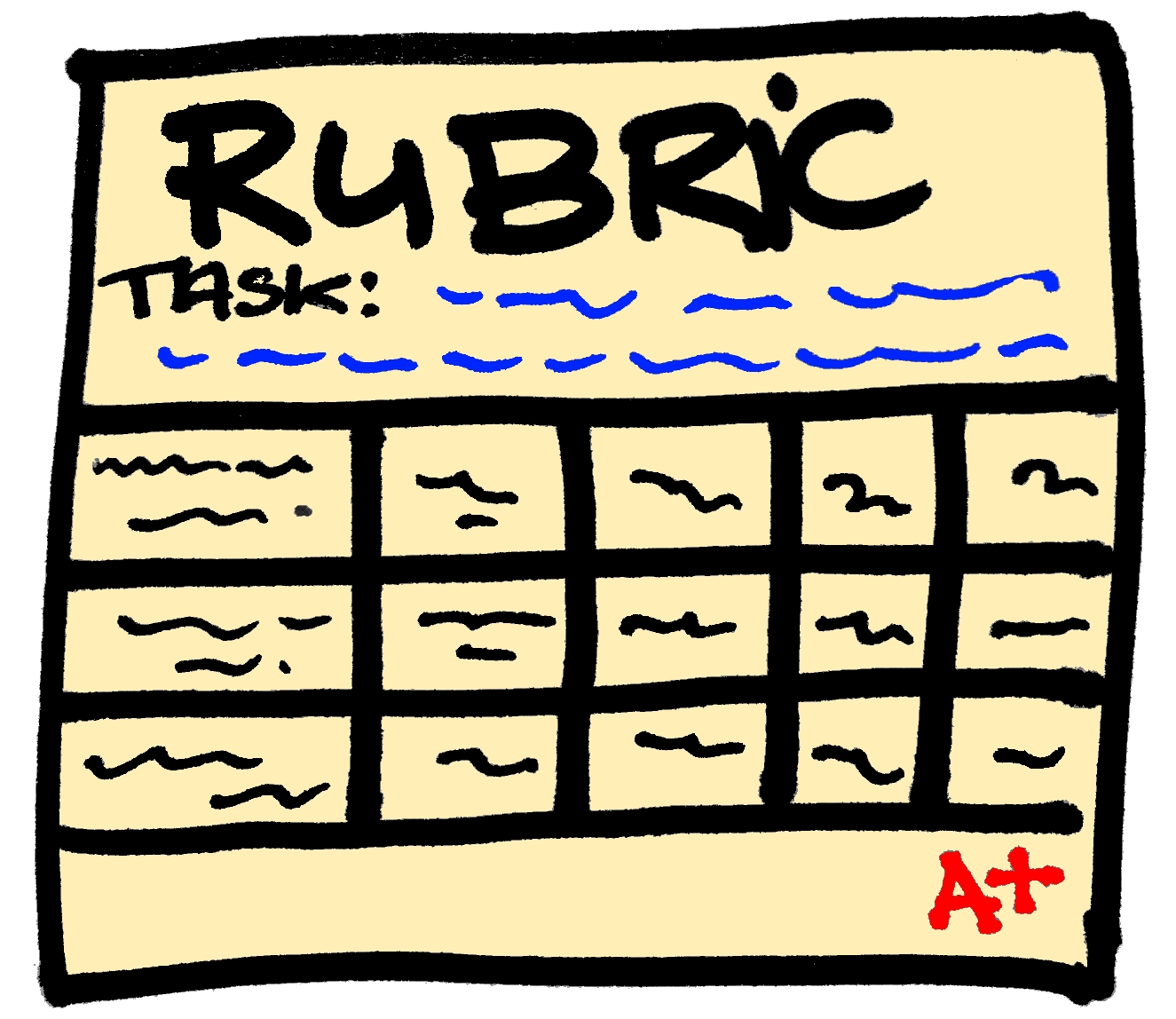Learning Styles Assessment – KOLB Model
$1
Resource Description
The Kolb Learning Style Inventory (LSI) is based on David Kolb’s Experiential Learning Theory, which identifies how individuals learn through experiences. The model classifies learners into four learning styles, shaped by the way they process and interpret information:
Kolb’s Four Learning Styles
- Diverging (Feeling & Watching) – These learners excel at seeing multiple perspectives and prefer creative and reflective learning experiences.
- Assimilating (Thinking & Watching) – Logical and concept-driven, they prefer structured theories and abstract models over practical application.
- Converging (Thinking & Doing) – Problem-solvers who focus on practical applications, excelling in technical and experimental learning.
- Accommodating (Feeling & Doing) – Hands-on learners who rely on intuition and action, preferring real-world experiences over structured analysis.
How the Instrument Works
- Individuals complete an assessment to determine their preferred learning style.
- The results help educators, trainers, and professionals tailor learning strategies for better engagement.
- The model emphasizes experiential learning, encouraging learners to move through four stages of processing: Concrete Experience, Reflective Observation, Abstract Conceptualization, and Active Experimentation.
Kolb’s LSI is widely used in education and personal development, helping learners maximize their strengths.



 KES(KSh)
KES(KSh) USD($)
USD($) GBP(£)
GBP(£) GHS(₵)
GHS(₵) NGN(₦)
NGN(₦) MUR(₨)
MUR(₨) BWP(P)
BWP(P) AUD($)
AUD($) TZS(Sh)
TZS(Sh) INR(₹)
INR(₹) PHP(₱)
PHP(₱) AED(د.إ)
AED(د.إ)












